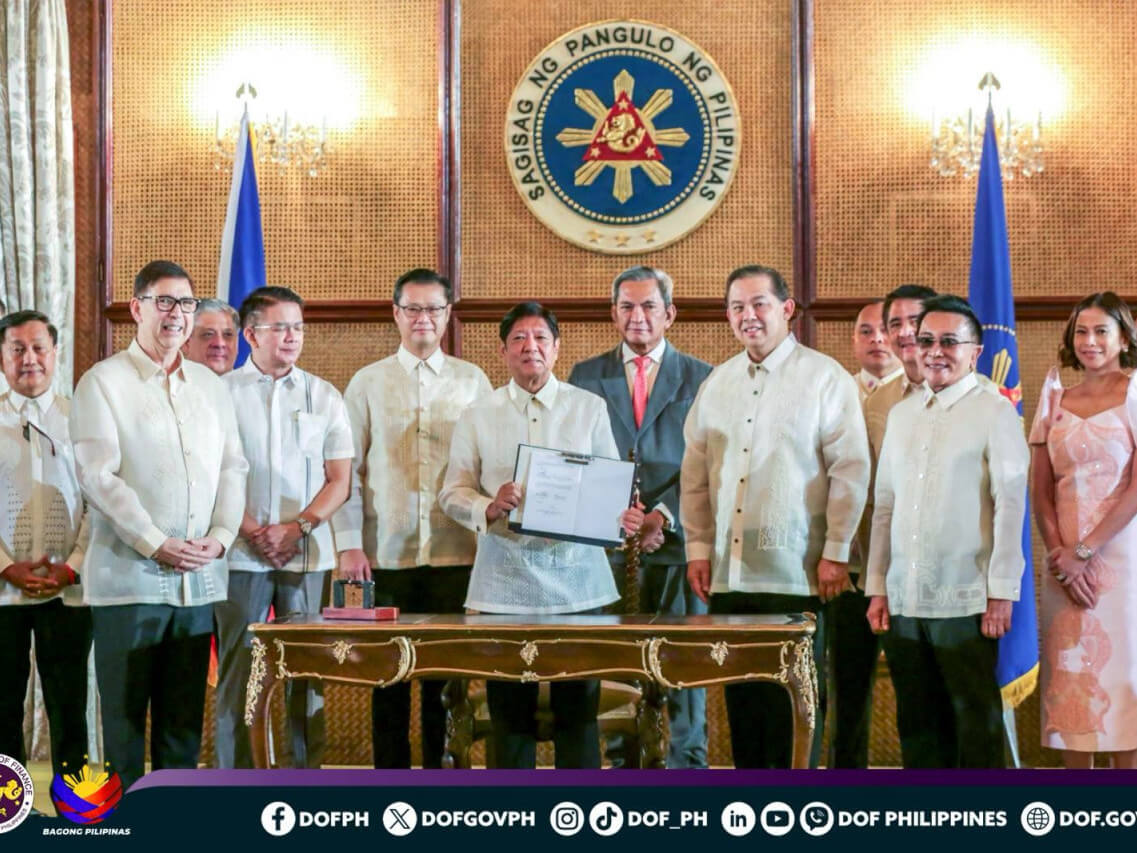

The new law aims to create equitable tax treatment for local and foreign digital service providers (DSPs), leveling the playing field in terms of taxation with brick-and-mortar businesses.
Finance Secretary Ralph Recto emphasized that the VAT on digital services will not introduce new taxes but will address the gap in the current system that exempts foreign DSPs from VAT obligations.
“We are merely correcting the current system that creates an unfair advantage to foreign digital service providers and weakens the country’s tax base, forgoing much-needed revenues that could have been used to fund crucial public services, infrastructure, and other socio-economic programs,” he said.
“By doing this, we foster fairness, competition, and inclusion in our tax system and marketplace,” the Finance chief added. “Whether you are a local entrepreneur or a global giant, everyone will play by the same rules.”
Digital services such as online marketplaces, cloud services, online media, and digital advertising will now fall under the scope of VAT.
Foreign DSPs earning over P3 million annually must register with the Bureau of Internal Revenue (BIR) and comply with local tax rules. Non-compliance could result in temporary suspension.
Recto highlighted that the law would generate an estimated P7.25 billion in revenue by 2025, increasing to over P100 billion by 2029. The revenue will fund infrastructure projects and socio-economic programs, while 5 percent will support the local creative industry’s development.
The VAT law exempts educational services and subscriptions sold to accredited institutions, ensuring affordable education. The BIR will establish implementation systems within 120 days, with foreign DSPs expected to comply once the law takes effect.